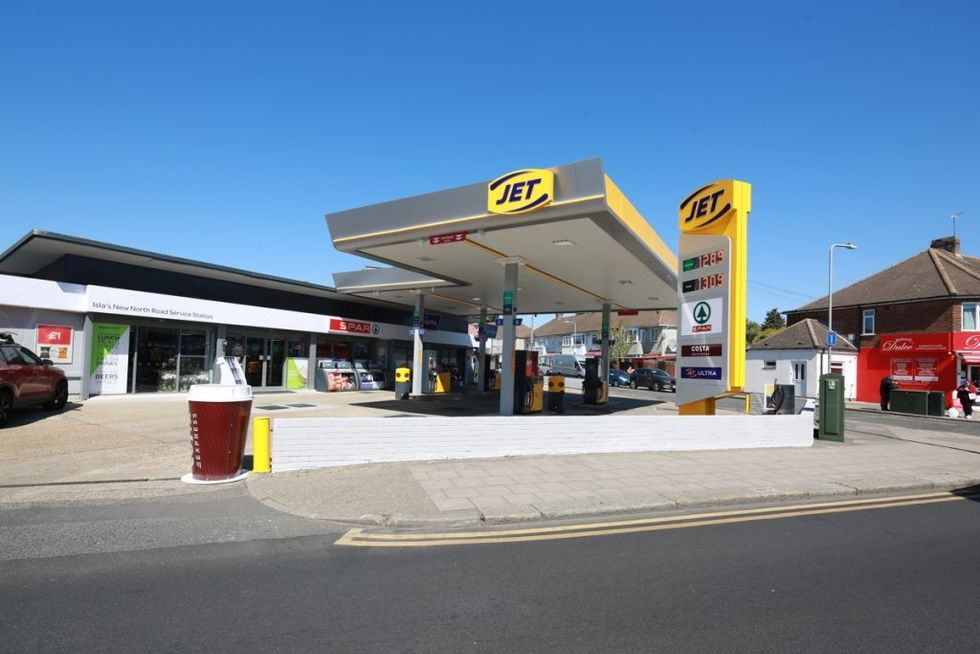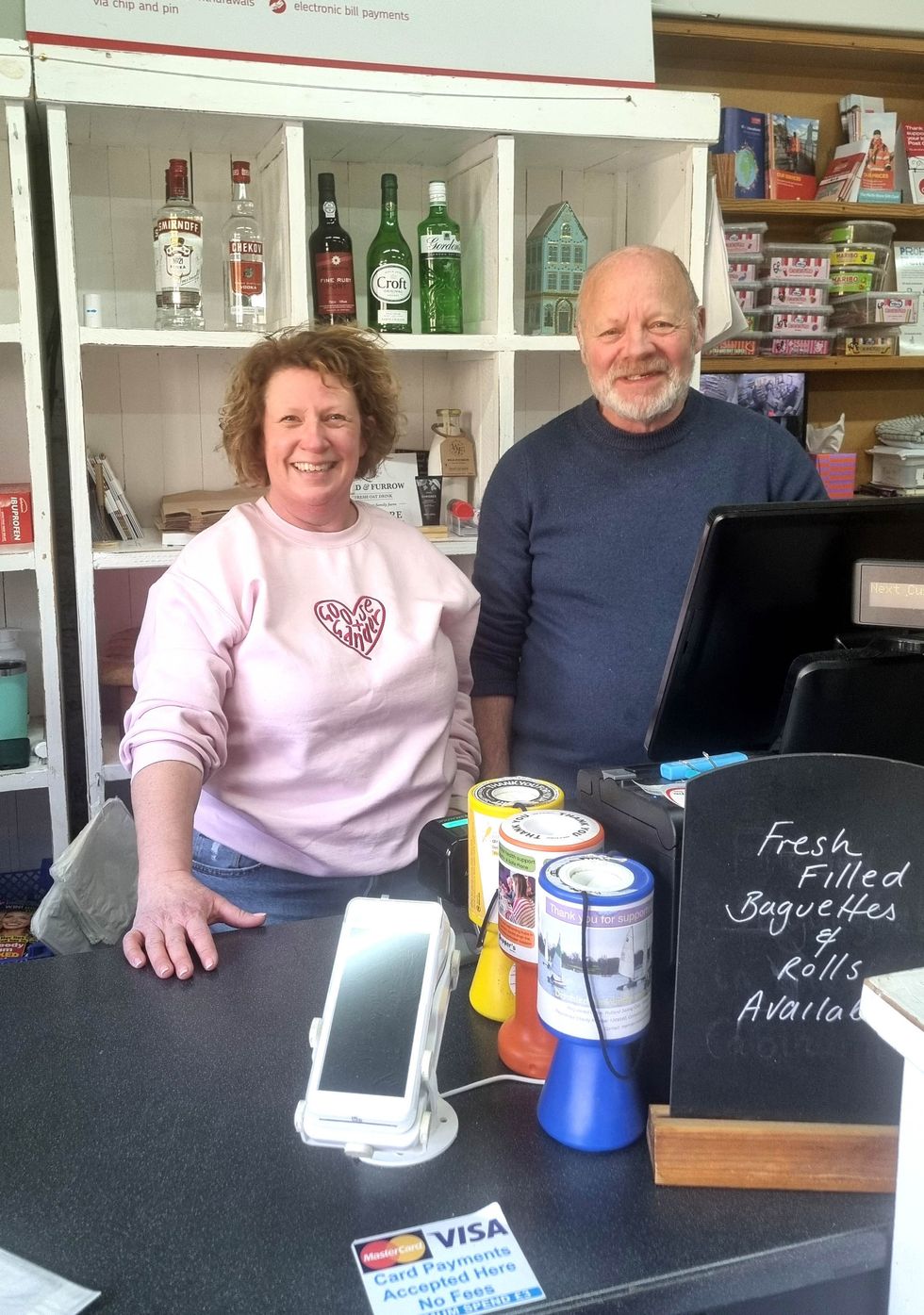British retail sales fell by much more than expected in October, according to official data that added to other signs of a loss of momentum in the economy in the run-up to the first budget of prime minister Keir Starmer's new government.
The Office for National Statistics (ONS) said sales volumes have fallen by 0.7 per cent in October. A Reuters poll of economists had forecast a monthly fall of 0.3 per cent in sales volumes from September.
The drop was the sharpest since June when sales fell by 1.0 per cent from May. A monthly rise in sales in September was also revised down to 0.1 per cent from a previous estimate of a 0.3 per cent gain.
The ONS said retailers across the board reported that consumers held back on spending ahead of the new government's first tax and spending budget on 30 October.
It also said a possible contributor to the weakness in sales were the school half-term holidays for England and Wales which typically fall within the October data reporting period but did not this year.
Sales of clothing were particularly weak in October, something reflected in previously released figures for the month from the British Retail Consortium, representing the industry, which linked the fall to weather that was warmer than usual.
The ONS said during the 12 months to October, sales volumes rose by 2.4 per cent, slowing from September's 3.2 per cent rise and weaker than the median forecast in the Reuters poll for a 3.4 per cent increase.
Slow start to Golden Quarter
Jacqui Baker, head of retail at RSM UK and chair of ICAEW’s Retail Group, described the figures as a “concerning start to the Golden Quarter” - the busiest period for retailers.
“With half-term falling later this year and relatively mild weather, consumers have put off buying their winter coats and boots. This has made it difficult for retailers to shift stock,” she said. Many shoppers appear to be holding out for Black Friday deals, which Baker predicts will lift sales throughout November.
Baker noted that despite a challenging October, there is hope for a recovery in the months ahead.
“The Budget didn’t deal a huge blow to consumers in the form of tax rises, plus interest rates continue to come down, and the American election is now out of the way, which should help with confidence and create a clear runway for Christmas spending,” she said.
Thomas Pugh, an economist at RSM UK, echoed these concerns, pointing to the timing of the school half-term as a significant factor in October's sales slump. However, he expressed optimism about the longer-term outlook, predicting that retail sales would grow through 2025 as “higher consumer incomes and rising consumer confidence … feed through into higher spending volumes.”
He added: “While headline inflation jumped from 1.7 per cent in September to 2.2 per cent in October, retail prices fell at an accelerated rate. Indeed, retail inflation dropped from -1.3 per cent to -1.6 per cent, meaning lower prices will help a rise in spending feed through into bigger increases in sales volumes.”
Silvia Rindone, EY UK&I Retail Lead, highlighted consumer caution as another key factor behind the October decline.
“The decline in sales volumes can be attributed to a decrease in consumer confidence, influenced by several factors including uncertainty surrounding the Autumn Statement, rising energy bills, and the impending costs of Christmas,” she commented.
EY’s latest Holiday Shopping survey revealed that nearly half of consumers began their festive shopping before November, aiming to spread out holiday expenses.
Rindone warned that retailers face a challenging period ahead, with upcoming labour cost increases, including changes to National Insurance and a minimum wage hike set for April 2025.
“The next few months are critical… Retailers will need to ensure they drive margin this Golden Quarter so that investments can be made in their proposition,” she said.
“As our survey found, shoppers are willing to spend if the price is right and the proposition is strong. Continuing to operate as efficiently as possible while steadily improving the experience for customers will be key. Much like the last few years, the market is getting tougher, and only those able to continually evolve will thrive.”

















 JET New North Road in Ilford
JET New North Road in Ilford

 Helen and Andrew Wood of Edith Weston Village Store in Edith Weston, Rutland
Helen and Andrew Wood of Edith Weston Village Store in Edith Weston, Rutland
